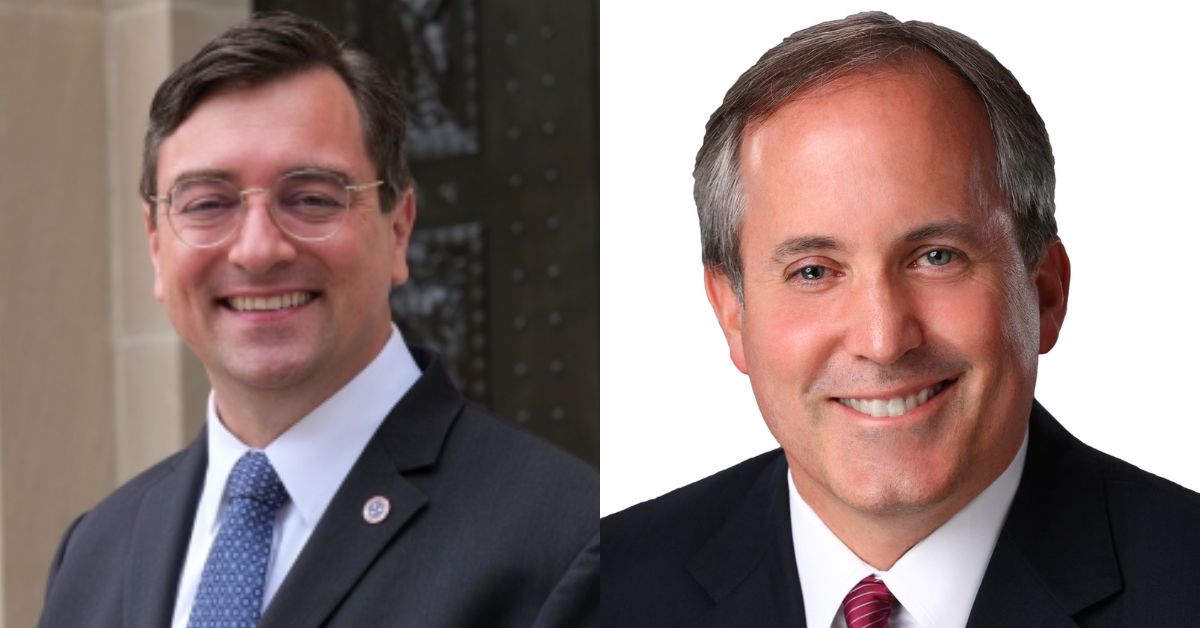As we covered in our last edition of the Citizen, the U.S. Supreme Court is considering important cases this term that will certainly impact pro-family laws around the country. In United States v Skrmetti, the Court will consider whether laws that ban gender “transition” procedures for minors violate the 14th Amendment’s Equal Protection Clause. The Supreme Court heard oral arguments in Skrmetti on December 4, 2024. In Free Speech Coalition v Paxton, the Court will consider whether age verification laws that prohibit minors from accessing adult websites violate the 1st Amendment’s free speech protections. The Supreme Court has set Free Speech Coalition oral arguments for January 15, 2025. In both cases, The Family Foundation joined amicus (“friend of the court”) briefs asking the Supreme Court to uphold both pro-family laws. While Kentucky laws are not directly involved in either case, Kentucky’s laws will be impacted by what the Supreme Court decides in both cases.
For the Skrmetti case, The Family Foundation joined the amicus brief filed by The Family Action Council of Tennessee in support of Tennessee’s ban on “transition” operations for minors. This brief argues that the Court should not give special weight to the opinions of medical “experts” when determining legal principles. “[The] Court should refuse the incredible suggestion that the life or biological sciences answers the legal question before it, and thus removes from consideration those matters of human nature that have ever and always informed, and inescapably been implicated in, legal and constitutional determinations.” The Supreme Court must decide based on long-held legal principles, not distracting arguments from medical organizations that have little constitutional law experience and that profit off these barbaric operations.
The brief also argues that states have the constitutional power to regulate dangerous medical practices. “As persons have a right not to be bodily injured by third persons, physicians like all other third persons have a corresponding duty in their practice not to injure the bodies of the persons who are their patients. The jurisdiction of States to regulate the practice of medicine to protect the health of its citizens has been recognized since adoption of the Fourteenth Amendment.” We continue to pray that the Supreme Court embraces truth and properly upholds the ability of states to ban harmful gender “transition” procedures for children.
For the Free Speech Coalition case, The Family Foundation joined an amicus brief filed by the Minnesota Family Council, Kansas Family Values, Texas Values, and 30 state family policy organizations in support of Texas’s age verification law. The brief starts out by highlighting the significant impact that pornography has on young children and their ability to properly form healthy romantic attachments. “Much like tobacco or other controlled products, pornography’s impacts are even more harmful to young minds due to its addictive nature, and access to it should be properly age gated. The material that is available online today far exceeds what was available in magazines or movies in prior generations. As such, its effects on children are especially poignant, as this content is exceedingly harmful to their ability to form healthy romantic relationships as adults and their ability to function well in society as they mature into adulthood.” Pornography is a destructive force in society. We must protect children from its devastating scourge on their lives.
The brief concludes by arguing that the Constitution gives state legislatures the authority to regulate activities that harm children, even if they have limited authority to regulate those activities when adults seek to participate in them. “[The] Court has recognized that children have limited decision making capacity and sometimes legislatures need to step in to protect them. ‘The State commonly protects its youth from adverse governmental action and from their own immaturity by requiring parental consent to or involvement in important decisions by minors.’ Under the law, our society has recognized that children’s capacity is limited both neurologically and in maturity. Because of these limitations, legislatures are well within their authority to place boundaries on children that in some circumstances would not be permissible if applied to adults.” Age verification laws are a proper use of legislative power to protect children without overly burdening activities of adults. We pray the Supreme Court will uphold these commonsense protections.
These next months will be crucial for the future of pro-family laws around the country, including similar laws passed in Kentucky with the support of The Family Foundation. After the Supreme Court hears oral argument on these cases, its members will spend the Spring debating whether these laws pass constitutional muster or not. Please pray that the Justices do their due diligence and realize that the Constitution gives state legislatures the power to protect kids from harmful transgender operations and pornographic materials.
Click here to view and download the PDF of the print version of the Citizen paper.

